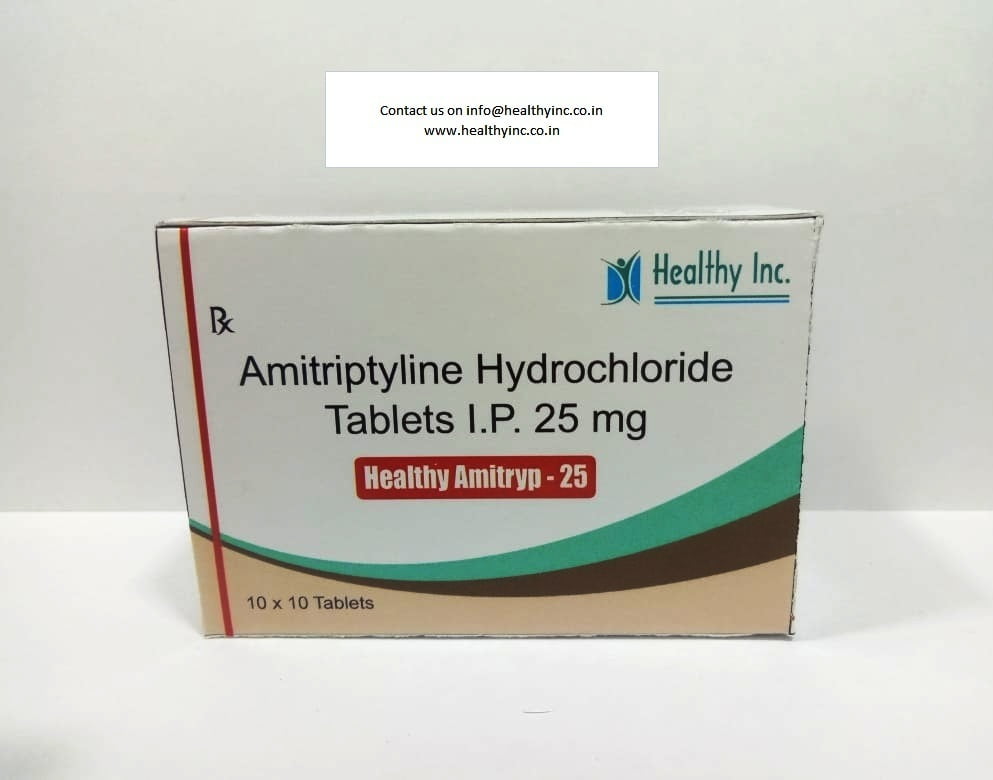Amlodipine tablets Use

Amitriptyline hydrochloride Tablet Use
20/11/2023
Amlodipine + Lisinopril dehydrate Tablets Use
20/11/2023Amlodipine tablet manufacturer
Amlodipine is a medication commonly prescribed to treat high blood pressure (hypertension) and certain types of chest pain (angina). It belongs to a class of drugs known as calcium channel blockers. Amlodipine works by relaxing and dilating the blood vessels, which helps to lower blood pressure and improve blood flow.
Here are some key points about amlodipine tablets:
Usage: Amlodipine is primarily used to treat hypertension (high blood pressure) and angina (chest pain). It is often prescribed as a long-term medication to help manage these conditions.
Dosage: The typical starting dose for amlodipine is usually 5 milligrams (mg) taken orally once daily. However, your doctor may adjust the dosage based on your individual needs and response to the medication.
Mechanism of Action: Amlodipine works by inhibiting the influx of calcium ions into the smooth muscle cells of blood vessels and the heart. This action results in relaxation of blood vessels and reduced cardiac workload, which leads to lower blood pressure.
Side Effects: Common side effects of amlodipine may include dizziness, swelling of the ankles or feet (peripheral edema), flushing, and headache. Less common side effects may include palpitations, nausea, and abdominal pain. It’s important to report any unusual or severe side effects to your healthcare provider.
Precautions: Before taking amlodipine, inform your healthcare provider about your medical history, including any allergies, other medications you are taking, and any other medical conditions you may have. Amlodipine may interact with certain medications, so it’s important to disclose all the drugs you are currently using.
Pregnancy and Breastfeeding: If you are pregnant or planning to become pregnant, or if you are breastfeeding, consult your doctor before taking amlodipine. They will weigh the potential risks and benefits for you and your baby.
Monitoring: While taking amlodipine, your healthcare provider may monitor your blood pressure regularly to ensure it is effectively controlling your hypertension. They may also check for any potential side effects or adverse reactions.
Adherence: It’s important to take amlodipine as prescribed by your healthcare provider, even if you feel well. High blood pressure often has no noticeable symptoms, so continuing the medication as directed is crucial for managing the condition.
Lifestyle Changes: In addition to medication, your doctor may recommend lifestyle modifications such as a healthy diet, regular exercise, smoking cessation, and limiting alcohol intake to further control blood pressure.
Always follow your healthcare provider’s instructions regarding the use of amlodipine or any other medication, and reach out to them if you have any questions or concerns about your treatment. Do not stop taking amlodipine abruptly without consulting your doctor, as this could lead to a sudden increase in blood pressure.
Amlodipine is a medication that is commonly used to treat high blood pressure (hypertension) and certain types of chest pain (angina). It belongs to a class of drugs known as calcium channel blockers. Amlodipine works by relaxing the blood vessels, which helps to lower blood pressure and improve blood flow to the heart.
Amlodipine is typically available in the form of oral tablets or capsules, and it is taken by mouth. The dosage and frequency of amlodipine can vary depending on your specific medical condition and your doctor’s recommendations. It is important to take amlodipine exactly as prescribed and to follow your healthcare provider’s instructions.
Common brand names for amlodipine include Norvasc and Amvaz, but there are also generic versions available.
It’s essential to be aware of possible side effects and to discuss any concerns or questions you have with your healthcare provider. Some common side effects of amlodipine may include:
Swelling of the ankles or feet
Flushing (warmth and redness of the skin)
Dizziness or lightheadedness
Headache
Palpitations (feeling of a fast or irregular heartbeat)
In rare cases, more serious side effects can occur, such as severe allergic reactions or significant drops in blood pressure. If you experience any unusual or severe symptoms while taking amlodipine, seek medical attention immediately.
Again, it’s crucial to consult with your healthcare provider before starting or making any changes to your medication regimen, as they can provide personalized guidance based on your specific health needs and medical history.
Amlodipine is a medication commonly used to treat high blood pressure (hypertension) and certain types of chest pain (angina). It belongs to a class of drugs known as calcium channel blockers. Amlodipine works by relaxing the blood vessels, which helps to lower blood pressure and improve blood flow, reducing the workload of the heart.


